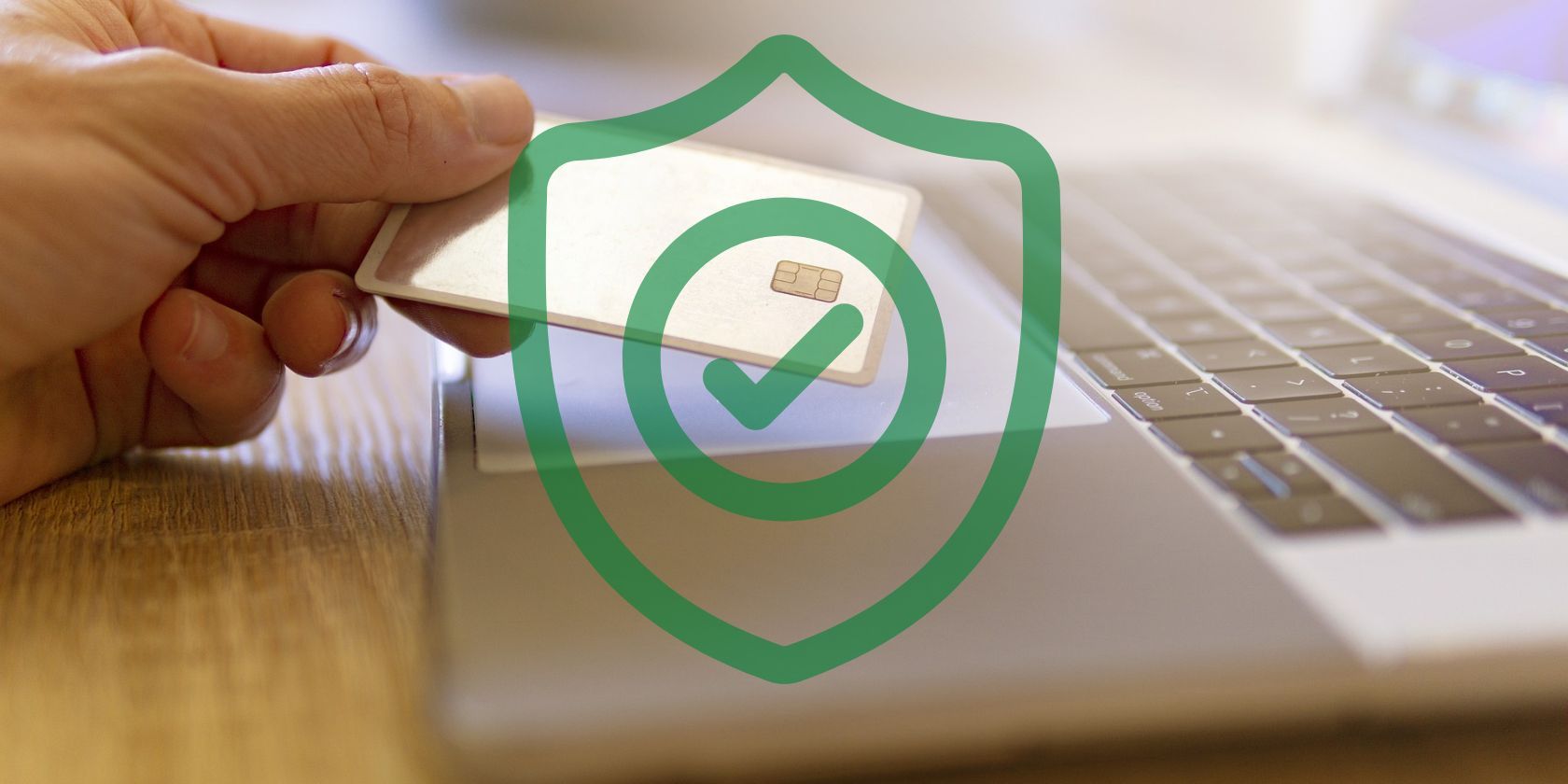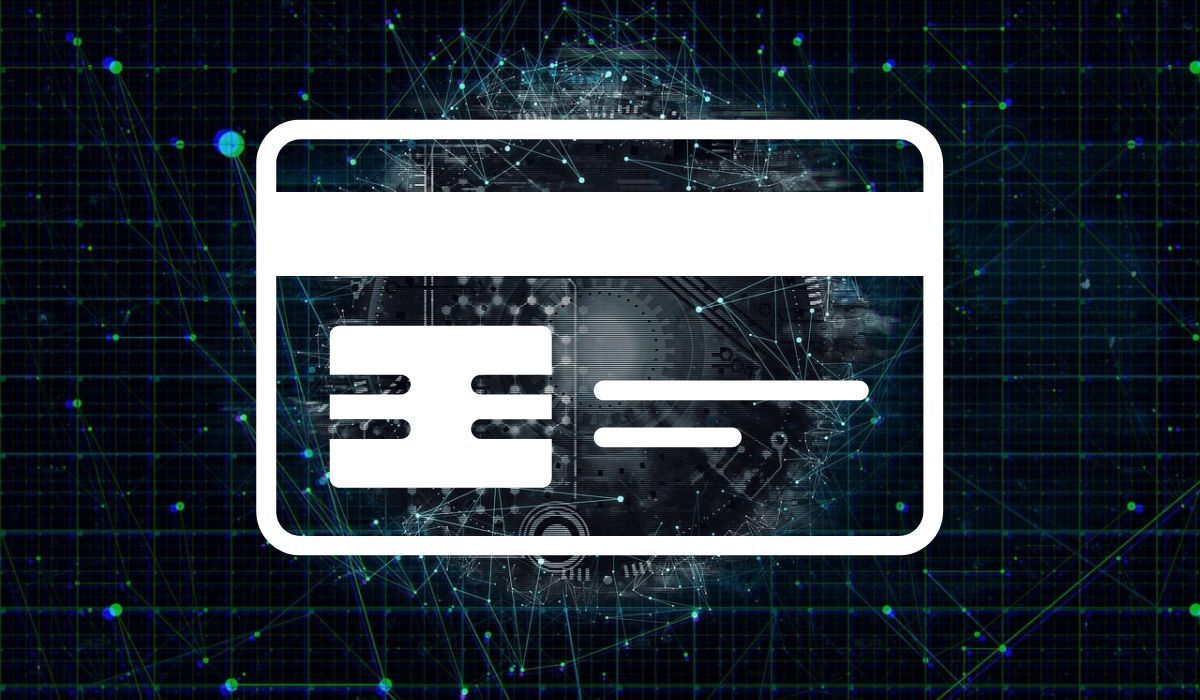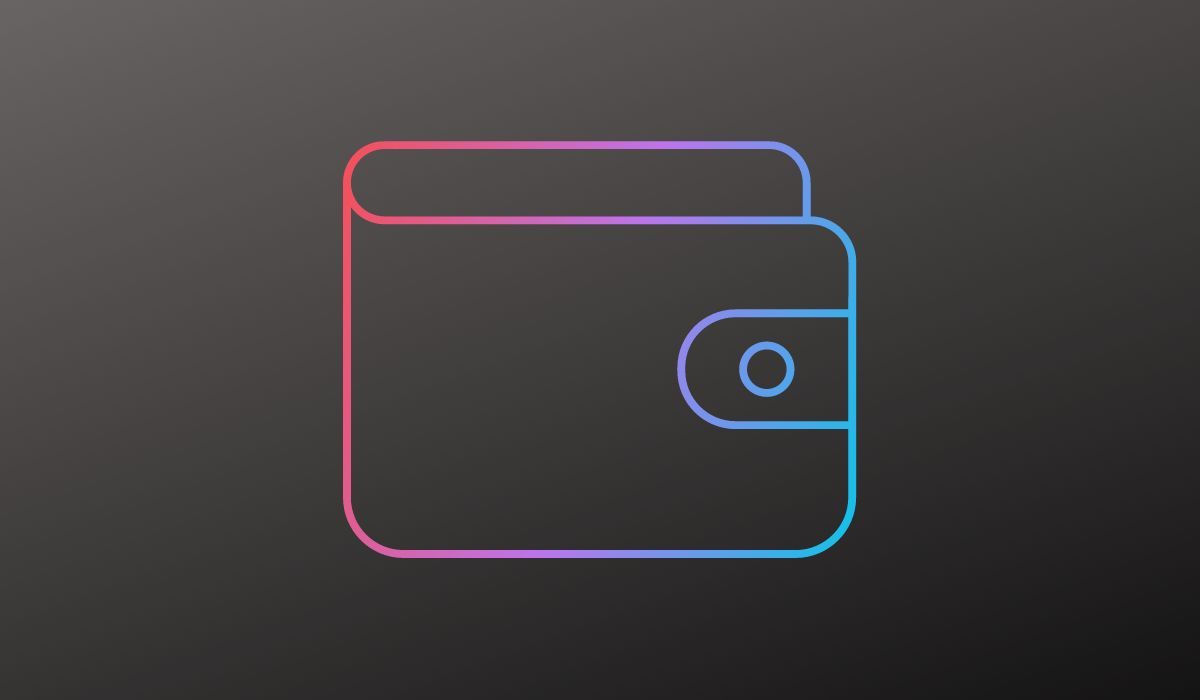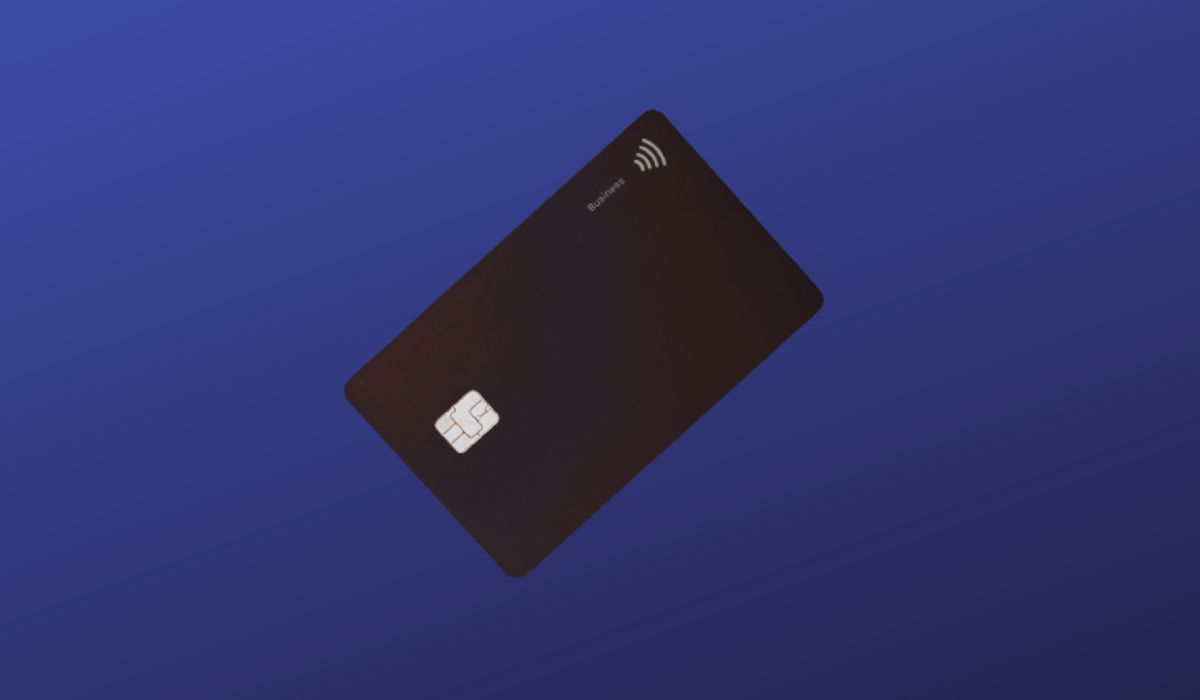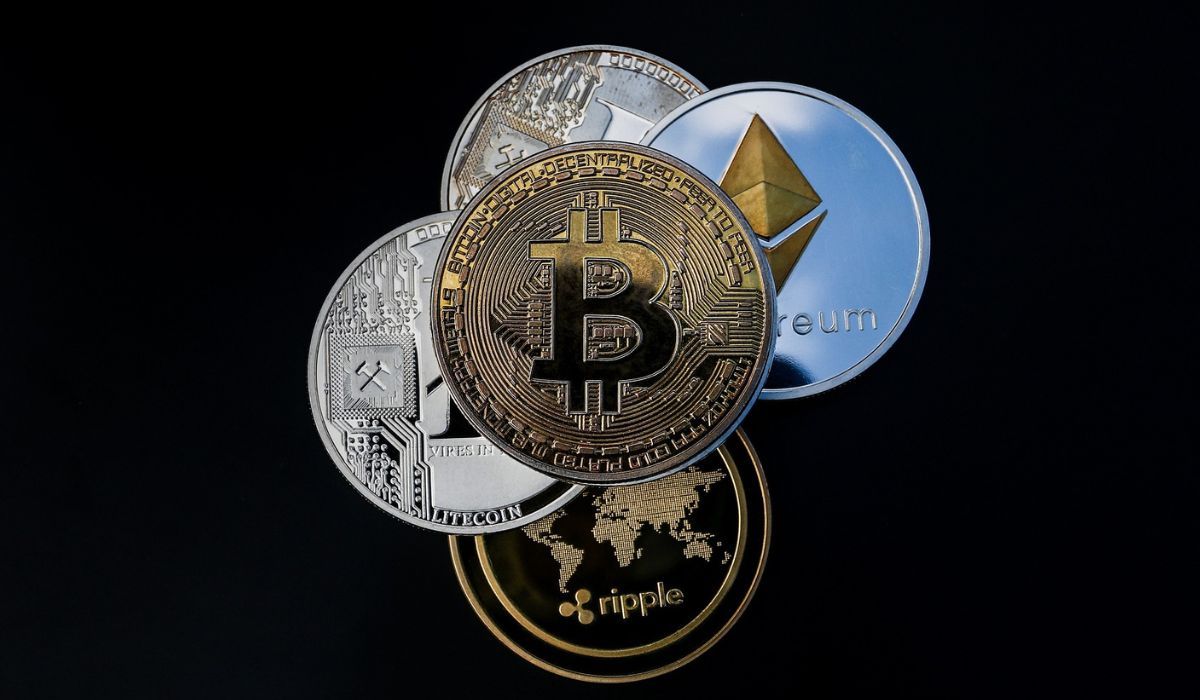Whether you need to buy something or pay for a service online, keeping your hard-earned money safe should be your top priority.
There are plenty of payment methods to choose between nowadays, but only a select few can really be considered secure. So which payment options are the most secure?
1. Virtual Credit Cards
Your credit card is protected by a security protocol called 3D Secure (3DS), which is quite good, but does not offer full protection against fraud and identity theft. Virtual credit cards do, in many ways, because they actually obscure your real information.
Virtual credit cards are essentially digital-only cards that are intended to be used once, or just a few times (typically, you generate a new card for each payment or transaction). This card is linked to a funding source, such as a bank account. And when you want to pay for something online, you don't put in your real credit card number, but rather the number provided by your virtual credit card service. This way, you minimize the chances of your information being stolen.
But even if a website that has your information is hacked or breached, you are safe because your virtual credit card is of no use to the threat actor responsible for the attack—it has most likely expired, and they cannot do anything with it.
In short, virtual credit cards offer tremendous protection from various types of cybercrime. The only major downside is that you can't receive a refund to an expired card in the event of needing one, but that's not exactly a big price to pay considering how infrequently most people find themselves in such a situation.
2. Digital Wallets
Digital wallets are apps that store your card or bank information. You've most likely used one in the past—PayPal, Apple Pay, and Google Pay are some of the best digital wallets available today. These apps are simple, convenient, very easy to use, and act as a sort of barrier between third parties and sensitive information that belongs to you.
When you pay for something using your digital wallet, online or in person, your payment information is not visible to the merchant. It is encrypted and obscured, which greatly reduces the chances of it falling into the wrong hands. Plus, there are things you can do to boost the security of your digital wallet.
You should never use your digital wallet or any payment app on public Wi-Fi, because these access points are sometimes spoofed, and often not properly secured. You should also consider installing security apps on your smartphone, including antivirus suites, network scanners, and authenticators.
There's always the danger of losing your phone or having it stolen, so make sure you lock both the phone and the wallet with a complicated password. Better yet, use multi-factor authentication or biometric authentication to secure your device and payment apps.
3. Prepaid Cards
Prepaid cards are cards that are not linked with bank accounts, but instead need to be topped up with money in order to function. In other words, if you have a prepaid card, you can't spend more money than you have already loaded onto it. This is what separates prepaid cards from credit and debit cards, and makes them much safer.
Using a prepaid card to pay for goods and services online is a great way to protect your money because even if a threat actor manages to steal your card information somehow, they will not be able to gain access to your bank account, but only the money that is already on the prepaid card. If your credit or debit card information was compromised in some way, that would be an entirely different story with potentially thousands being taken from your account.
One of the best things you can do to increase your cybersecurity is to have a dedicated prepaid card for online shopping and other digital transactions. You can just load your prepaid card with money periodically, whenever you need to pay for something over the internet, as opposed to using your primary credit card and exposing yourself to danger.
So, are there any drawbacks to using prepaid cards? Unfortunately, yes. The fees tend to be quite steep. You often have to pay fees for card purchase and activation, as well as reloads, balance inquiries, and even card cancelation.
4. Cryptocurrency
As a decentralized form of currency that relies on blockchain technology, crypto is inherently safer and more private than fiat money. It exists only in the digital space, which makes it ideal for transferring money between accounts over the internet.
You don't need to have a credit card, a bank account, or have access to the financial system in any way to use crypto. And if you know what you are doing, the chances of being tracked by a third party are minimal, especially if you use privacy-focused currencies like Monero.
It should also be noted that it is fairly easy to secure your crypto assets. If you don't want to invest in a cold wallet (a physical device that keeps your crypto offline), there are plenty of secure digital crypto wallets—Exodus, Wasabi, Guarda, and the Coinbase Wallet, to name a few.
On the other hand, crypto markets are very volatile and the value of a currency can change on a daily basis. This is off-putting to many people, just like the fact that crypto is not accepted everywhere as a form of payment; granted, more e-commerce platforms have embraced it in recent years, but it's not like Amazon accepts cryptocurrency payments. So, in sum, crypto can definitely be used for secure online payments, but it's not for everyone.
Keep Your Money Safe Online
Digital payment systems have come a long way over the years. There are now more options than ever, and some of them are actually safe.
We can only guess what the future has in store for us, but as online payment methods develop and evolve, so will cyber threats. And no matter how many precautions you take, you are one wrong move away from having your bank account compromised, so make sure you keep an eye out for signs of a breach.

